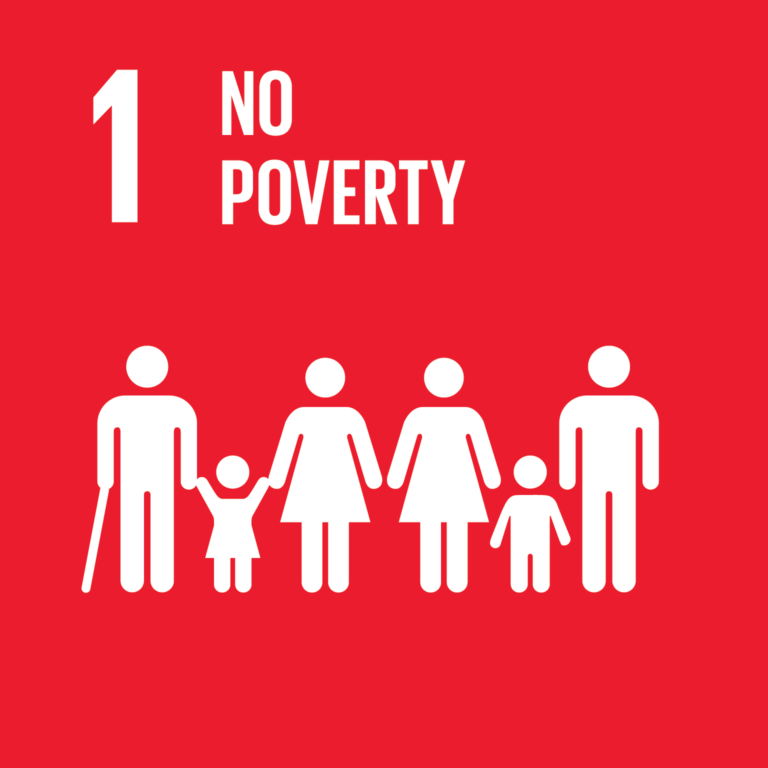HOPE House Grants Help the Eggpreneur Initiative in Kenya

In December, Dickson will deliver dozens of young hens to Eggpreneur women. She has raised the chicks from 2000 days. The sound of baby chicks is as loud as the promise of a bright future for these young Kenyans. But she has been far from finished. She has raised thousands of chicks, from which she plans to deliver young pullets to Eggpreneur women in the coming year.
Eggpreneur by Matt Dickson
The Eggpreneur Initiative is an entrepreneurial enterprise that helps poor women in Kenya raise eggs. Dickson manages the women and the in-country egg productions. He is also the founder of the nonprofit Tapona International, which supports education and child nutrition. Born in Kenya, Dickson has a deep love for the country and its people. He has made it his mission to help those in need through his work.
HOPE House
HOPE House’s global program called Eggpreneur trains and equips rural Kenyan women to be successful backyard chicken farmers. This helps them escape poverty and impact their communities, including their children. Vivere Limited, a Canadian nonprofit that works to eliminate extreme poverty, has donated $50,000 to help this project. Dickson, an entrepreneur, has worked with HOPE House and other poverty alleviation organizations.
M-Farm
Jamila Abass, CEO of M-Farm, is a young Kenyan entrepreneur who uses technology to connect subsistence farmers with the market and buyers. Through text messaging, farmers can gain access to important market information and share their experience with other farmers. M-Farm also allows farmers to coordinate their harvest and delivery to market. This innovative approach has earned Abass the honor of being named a 2013 Ashoka Fellow and an Aspen New Voices Fellow. In addition, she was named a Quartz Africa Innovator.
HOPE House grant
The Eggpreneur HOPE House grant supports an international social enterprise in Kenya called the Eggpreneur. The company trains women egg farmers and provides the necessary start-up materials to help these women become self-sufficient egg producers. These businesses create jobs and improve the nutrition of families in rural areas, and they are vital for reducing child malnutrition. Using a social enterprise model, Eggpreneur is helping women like Mary in Kenya achieve financial independence, improve their health, and improve their children’s nutrition.
Impact of social enterprise on marginalized women in rural Kenya
The impact of social enterprises on marginalized women in rural Kenya has received little attention to date, though it is increasing globally. Many countries in sub-Saharan Africa are the most vulnerable to climate change, making resilience an important characteristic for these organisations. The case studies in this study provide insights into how social enterprises can help reduce vulnerability. The case studies also highlight the role of resilience as a key characteristic of these enterprises.
Training curriculum for Eggpreneur
The training curriculum for eggpreneur is designed to empower women to raise chickens and produce eggs for sale. This program focuses on helping women raise chickens and hatch eggs while learning bookkeeping and marketing techniques. The mission of the organization is to empower women and end poverty and malnutrition. To date, the initiative has trained over 350 women and employed over 400 locals. To learn more, click here. Learn about the training curriculum for eggpreneur, visit eggpreneur.




